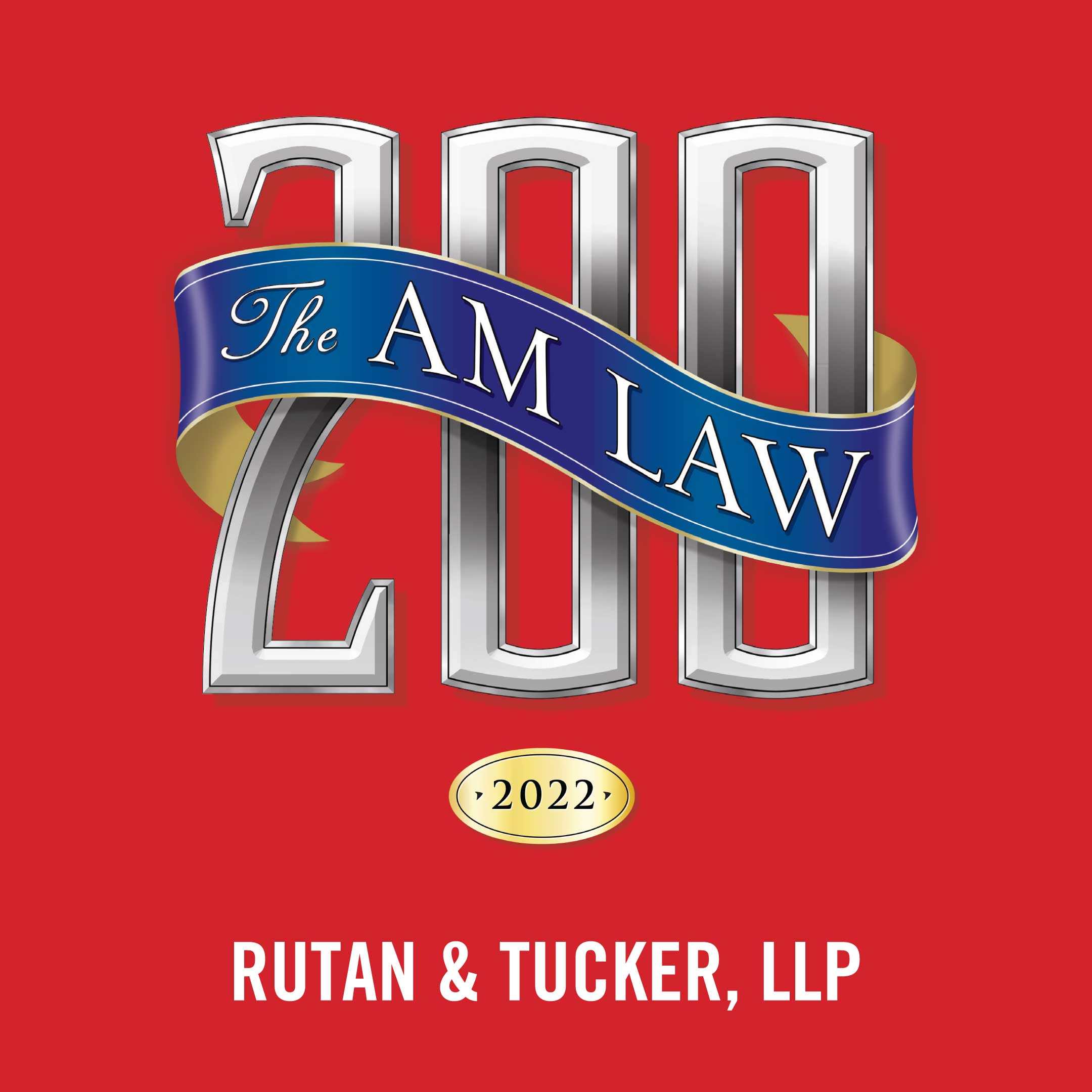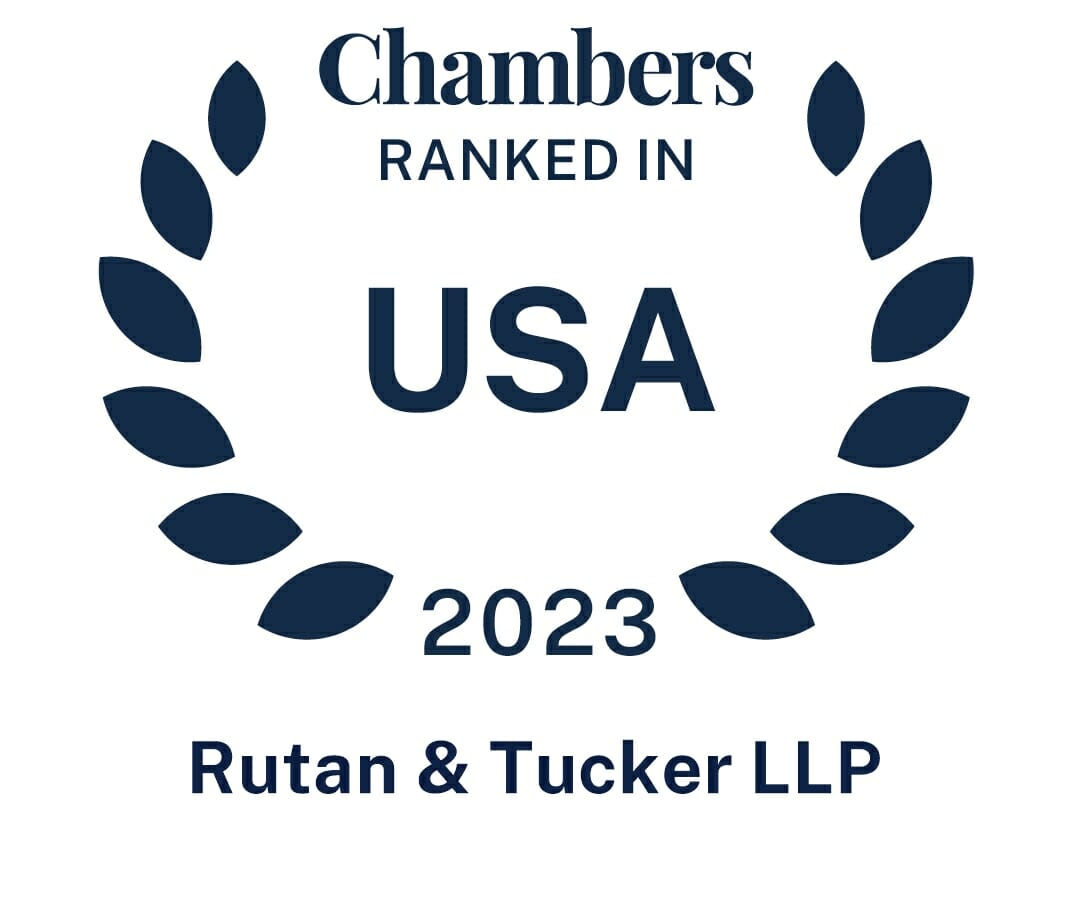Rutan & Tucker lawyers are among the most experienced in handling internal corporate disputes between shareholders, corporate board members, officers and directors, as well as between participants in other business entities such as partnerships and limited liability companies. Claims may range from breach of fiduciary duty, corporate malfeasance, fraud and breach of contract. Our lawyers collaborate with clients and counterparts to identify and execute the most advantageous business-oriented solutions, either by pursuing or defending litigation or arbitration proceedings or through alternative methods, such as mediation. A wide variety of business entities embroiled in an internal dispute, from small joint ventures to large multinationals corporations, rely on our expertise to achieve their desired results.
Team
Experience
Recent Successes
- A Rutan & Tucker trial team, headed by Rutan & Tucker Business Litigation partner Brad Chapin, recently achieved a significant trial victory in Orange County Superior Court. Mr. Chapin, along with Rutan & Tucker trial lawyers Damon Mircheff and Heather Herd, represented 8 clients – including an insurance brokerage, it’s principals, insurance brokers and other employees – in a four week jury trial during which the Rutan & Tucker team defended against causes of action ranging from misappropriation of trade secrets and conversion to breach of fiduciary duty. Plaintiff insurance brokerage sought upwards of $10 million dollars, alleging that defendants (who had previously been affiliated with plaintiff brokerage) had stolen its trade secrets, clients, client data, computer equipment and furniture when they left plaintiff’s offices and started their own brokerage. In response, four defendants filed a cross claim against plaintiff’s owner, alleging defamation, after the owner had contacted numerous of defendants’ clients, accusing defendants of stealing from plaintiff and ransacking its offices. At trial, Rutan & Tucker’s attorneys demonstrated that plaintiff did not own any trade secrets and that the clients who chose to follow defendants to their new venture did so based on their relationships with the individual defendants. In short, plaintiff had no “ownership” or other right to any client or client information. Thereafter, the jury returned a verdict in favor of all defendants on each of the eight causes of action presented to it. In short, plaintiff had not established the existence of trade secrets, defendants had not stolen anything from plaintiff and defendants owed plaintiff no fiduciary duties. The jury additionally found that plaintiff’s owner had defamed four defendants, and had acted with malice, oppression or fraud in so doing. The parties agreed to allow the court to decide whether to award punitive damages on the defamation cause of action and, in February 2016, the court ruled that cross-defendant had acted with malice and ordered him to pay a total of $200,000 in punitive damages. In April 2016, the Court issued it’s ruling on plaintiff’s final, equitable cause of action for unfair competition, finding again in favor of defendants, concluding that they had not engaged in unfair competition.

 Email
Email
 vCard
vCard



